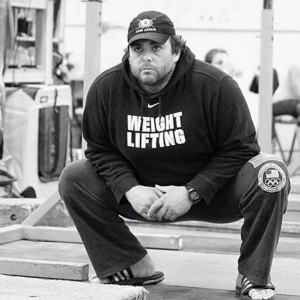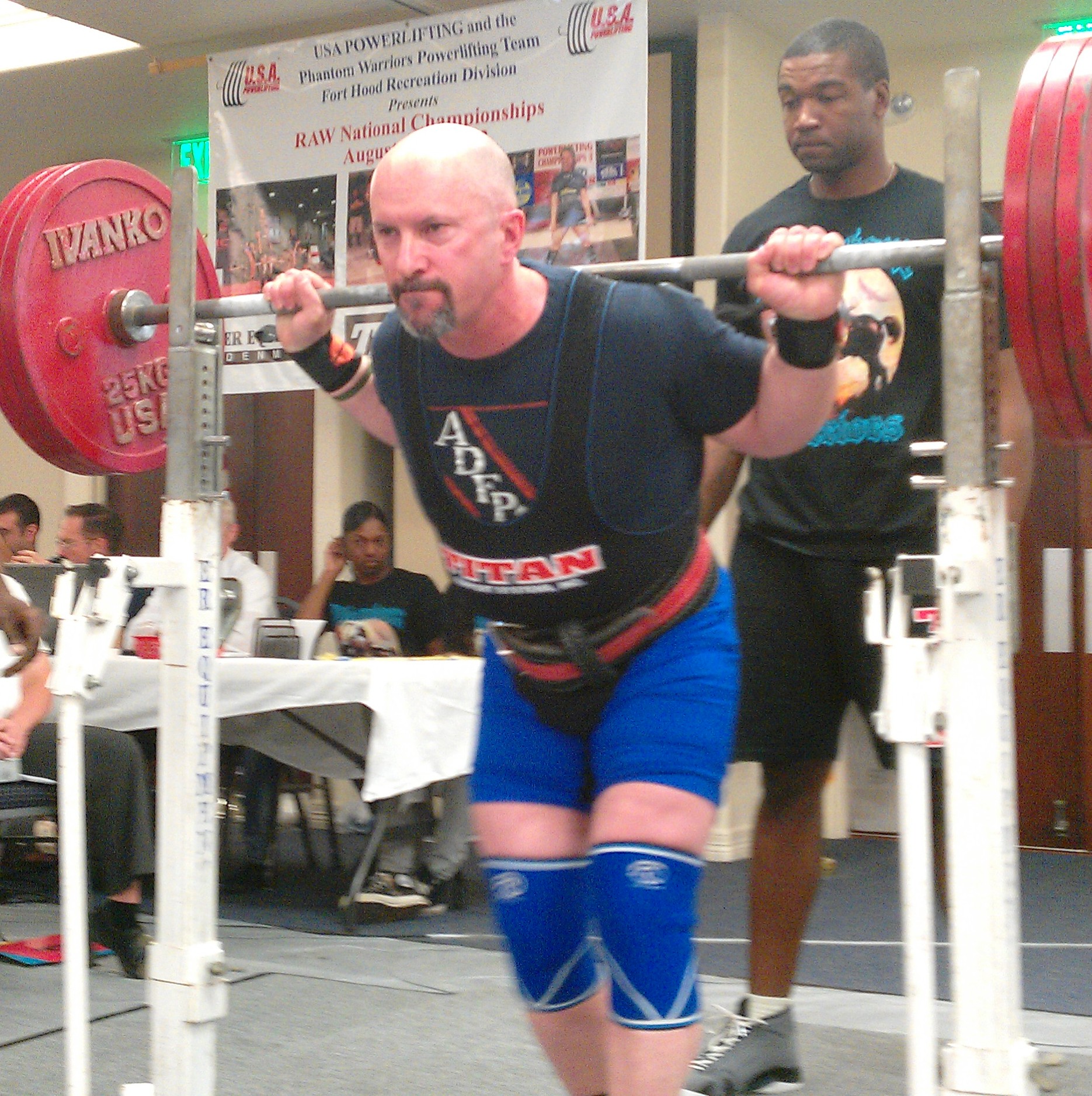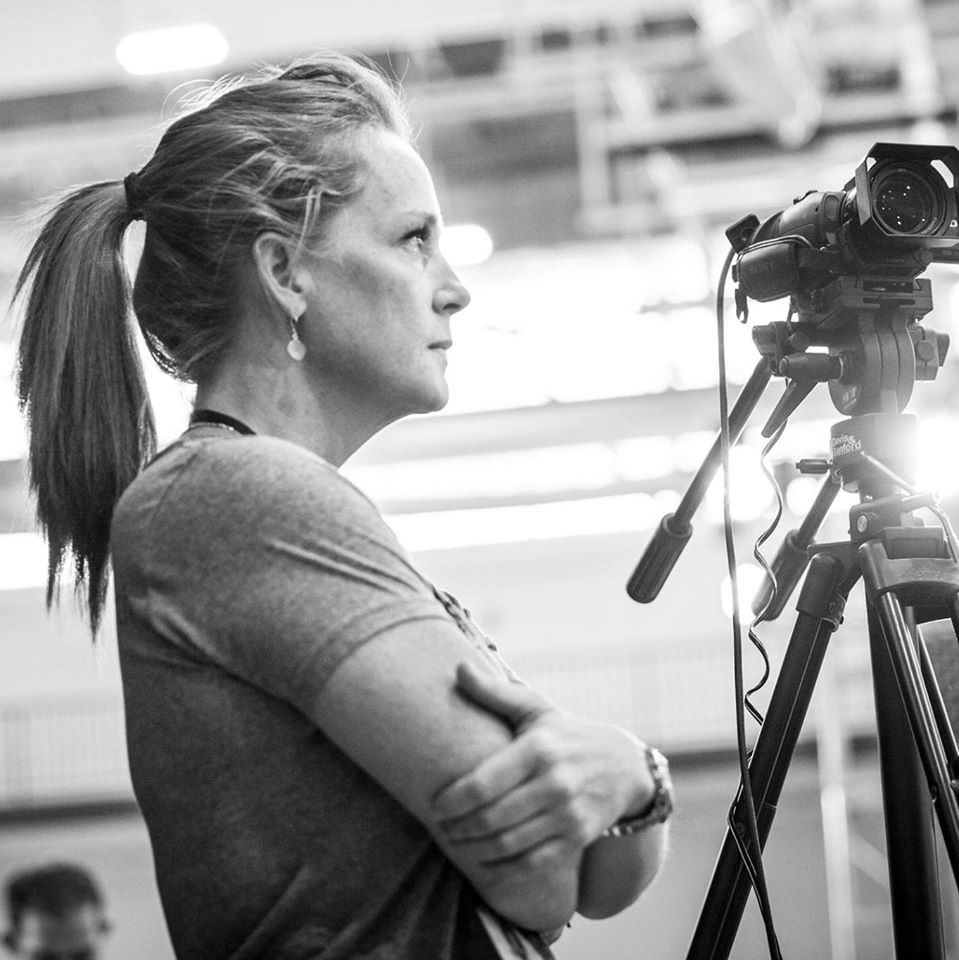As an athlete, Sean Waxman is a national medal winner and five-time California State weightlifting…

Performance Based Nutrition with Kelli Michelle
When August and I started this blog, we spoke a lot about our frustrations with the amount of ungrounded, impractical “advice” floating around the internet. I find this particularly true about nutrition, for which there is a new trend, new “miracle diet,” etc every month. So, I was so very excited to sit down with nutrition expert Kelli Michelle, who gives some straightforward, sustainable advice.
About Kelli:
Kelli Michelle – Scotts Training Systems and East Valley CrossFit
Kelli resides in Tempe, Arizona where she has built a rewarding career in fitness and nutrition. Her certifications include ACE CPT, NASM Certified Sport Nutrition, NASM FNS (Fitness Nutrition), and she is a National Competition Prep Coach, an NPC National Coach, and a Natural Health Nutrition Leader. Kelli has worked with top competitors at the national and global level in powerlifting, Olympic weightlifting, Jiu Jitsu, bodybuilding, and CrossFit. Above all, she is dedicated to working closely with her clients, listening to their concerns and needs, and applying proven methods to help them achieve their objectives.
The Interview
You work with CrossFit athletes as well as weightlifters, can you talk a little bit about the different nutritional demands of these two activities?
CrossFit requires sport-specific nutrition because it is “constantly varied” and “high intensity” from start to finish. The training is INTENSE, but shorter in length than an Olympic style weightlifting workout. Weightlifters are very strategic with form and practice and train for 2-3 hours a day at times. The weightlifters need different and varied energy sources for their workouts. They typically eat more energy sources pre and post lifting because they are trying to keep lifts and overall energy consistent throughout each session. Their mental exercises are important in order to improve their overall performance and technique while working on strength. In order for everything to come together, I have them eat as consistently as possible. Weightlifters have a LONG period in which their metabolic rate is very high and they will burn quickly through energy.
For both CrossFitters and weightlifters, recovery after their workouts is just as important in order for them to re-build, recover and rehydrate. The weightlifters do typically take longer to recover after certain workouts, and will often take 1-2 days off sometimes in a row depending on coaching. Ideally they train 4-5 times a week with skill work or under pretty heavy weight so they do get more macronutrients for training.
Among nutrition coaches, I’ve seen arguments for and against tracking the numerical details of daily intake (counting calories and/or macronutrients). You seem in favor of tracking macros in particular—can you explain a little bit about why?
Macros have been around forever and tracking macros ensures that athletes acquire the appropriate energy sources. Glycogen is very important for athletic performance, and glycogen-depleted athletes could damage their hormones by trying to run off of secondary energy sources. By tracking the balance of micronutrients, we can optimize an athlete’s needs for training and recovery.
I know you’ve worked with the East Valley CrossFit team, who will be competing in the CrossFit Games this summer. To me, CrossFit competitions seem uniquely demanding in that athletes compete in short bursts over the span of two or three days. Can you speak a little bit about how an athlete should eat during these events to support optimal performance?
Crossfit is a very demanding sport because of the training these athletes do 5-6 x a week. I am now certain that most CrossFit athletes are best fueled on a BALANCED macronutrient split. On recovery days, I have the athletes eat to recover and to fuel the next day’s performance and practices. On workout days I have them eat 50-60% of their carbohydrates around their workout with a serving of fat and some protein. We always replenish with protein and carbohydrates after a workout. They eat fats and proteins throughout the day as they wish until they hit their personal macronutrient guidelines.
Recovery is something I also stress with the athletes. I always recommend proper sleep, mineral balance and hydration as a part of the plan.
I usually prescribe the athletes a somewhat higher calories during the winter, and stay a little higher in values until they need to prep for events. If they prep for events, they can then eat some of the foods that they feel make them most energetic. For each athlete their best performance foods vary. Some athletes have restrictions with celiac, gluten intolerance and insulin related issues. I am very well-versed in macronutrient suggestions for all of these issues and work well with their limitations.
On the opposite end of the spectrum, for those individuals that simply want to eat healthier and aren’t interested in tracking their daily intake, how would you suggest they begin?
Start by having a larger, balanced breakfast with protein, fat, and a complex carb with fiber. Have a small protein and fiber snack before lunch. For lunch, have a nice high-quality carbohydrate source with a vegetable and protein source. Do not wait too long to eat or you will likely have a binge, or your body will excrete hunger hormones and you will likely select poor choices in foods out of desperation.
A mid-afternoon snack with adequate fiber (protein + fiber) can be added to give the person a little extra energy and stabilize blood sugar before dinner. This snack may help the individual resist temptation to overeat during dinner prep or dinner itself. Dinner should be a very balanced meal, especially if you train. Its composition changes depending on the person’s training or weight loss goals. I usually advise that you track your daily macronutrients to see that your body is actually adjusting to the energy given and daily calorie requirements for the specific goal ahead.
What’s one of the most common adjustments you’ll make to a new client’s diet?
With many clients, it is adjusting (and in most cases lowering) their VERY non-omega -3 based “high saturated fat” intake. Another would be working with former eating disordered clients on food aversions—especially carbohydrate restriction.
Are there any fad diets out there right now that you think are particularly misleading?
Any fad diet is not practical for long periods of time, and usually has a yo-yo effect. They can restrict macronutrient and sometimes micronutrient needs. Each person is different to some degree, so you must have individual guidelines for each person to ensure they get what they need. With fad dieting, many people build unhealthy relationships with food like restricting and binging. Fad diets are temporary plans written largely by non-credentialed diet coaches. Our body needs all macronutrients to perform well, reproduce, and engage in intense, long-term physical activity.
What’s your favorite dietary indulgence?
Fiber 1 Chocolate Squares ( Cereal ), Kind Granola, and #1 – WITHOUT A DOUBT: PB and J OATMEAL from My oatmeal.com; it is delicious pre-workout with a couple tablespoons of nonfat Greek yogurt and ½ banana!
Finally, how can people get in contact with you?
Facebook: kellimichelle777


